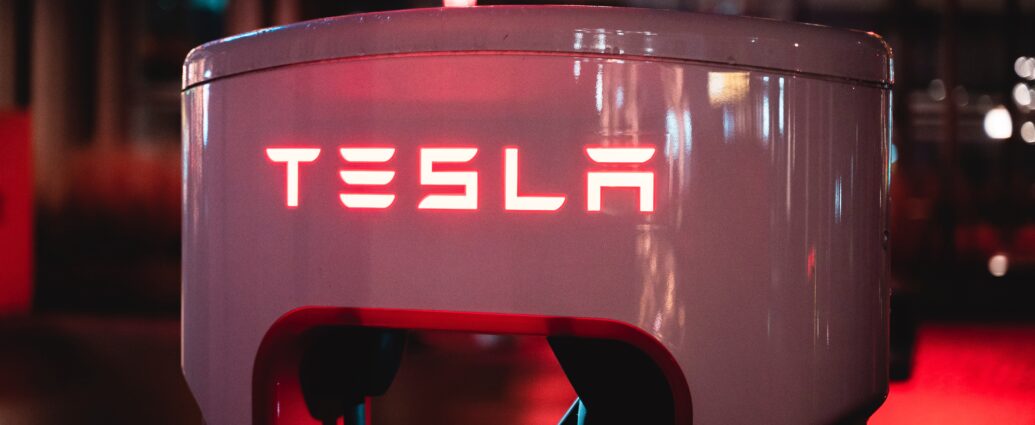Ellie Henderson
Elon Musk has been found not liable in a fraud trial after he claimed in a 2018 tweet that he was taking Tesla private.
Musk – the CEO of Tesla, SpaceX, and Twitter and the second wealthiest person in the world – stated in a tweet that he had “funding secured” to take Tesla back into private ownership at $420 a share.
Musk founded Tesla in 2003. The company has since expanded to provide electric vehicles, artificial intelligence, and clean energy.
Am considering taking Tesla private at $420. Funding secured.
— Elon Musk (@elonmusk) August 7, 2018
This was followed by a further tweet in which he stated that “investor support is confirmed”: a statement that the plaintiffs argued was an outright lie. These tweets caused Tesla’s stock price to surge, before quickly falling again as it became apparent that the proposed $72bn buyout would not come to fruition.
“Musk argued that he believed the tweets to be truthful, claiming he had lined up the necessary funding.”
Musk claimed during the trial that he had abandoned plans to take Tesla private after discussions with smaller investors, who he stated encouraged him to keep the firm publicly traded. He argued that he believed the tweets to be truthful, claiming he had lined up the necessary funding, including a verbal commitment from Saudi Arabia’s Public Investment Fund who he said later retracted the commitment.
The issue went to court in San Francisco based on the accusation that Musk had misled shareholders, many of whom had made decisions to buy and share their stocks which ultimately lead to billion-dollar losses—calculated to be around $12bn—based upon Musk’s tweets.
“Shareholders argued that the term “funding secured” had implications beyond mere verbal agreement, making his tweets deceiving and highly impactful.”
During the trial, Musk spent nearly nine hours on the witness stand. He argued that “just because I tweet something, does not mean people believe it or will act accordingly”, whilst shareholders argued that the term “funding secured” had implications beyond mere verbal agreement, constituting deception.
In a key moment of the trial, one of the Tesla shareholders’ lawyers stated that: “Our society is based on rules. We need rules to save us from anarchy. Rules should apply to Elon Musk like everyone else.” Meanwhile, Musk’s attorney Alex Spiro, countered that although the tweet was “technically inaccurate”, “just because it’s a bad tweet doesn’t make it a fraud.”
After nine jurors took just under two hours to come to their verdict, Musk was cleared of any wrongdoing. If he had been found liable, investors would have successfully sued Musk, likely leading him to be forced to pay out billions in damages.
Musk promptly took to Twitter to respond to the outcome of the trial, stating: “Thank goodness, the wisdom of the people has prevailed! I am deeply appreciative of the jury’s unanimous finding of innocence in the Tesla 420 take-private case.”
Thank goodness, the wisdom of the people has prevailed!
I am deeply appreciative of the jury’s unanimous finding of innocence in the Tesla 420 take-private case.
— Elon Musk (@elonmusk) February 3, 2023
Musk had continued to use Twitter throughout the trial, at one point mockingly changing his name on the platform to ‘Mr Tweet’ after a lawyer representing shareholders accidentally referred to Musk as ‘Mr Tweet’.
The verdict is certainly significant for Musk, who has been embroiled in a number of controversies and lawsuits in recent years – and even more so since his takeover of Twitter in October last year.
“The verdict […] raised concerns about the levels of accountability faced by those who make misleading, deceptive, or harmful statements on the platform.”
In particular, this case had strong implications in regard to Musk’s use of Twitter. He has consistently advocated for ‘free speech’ on the platform and defended his right – and the rights of other controversial figures like Donald Trump – to tweet on the platform freely and broadly.
The verdict has thus raised concerns about the levels of accountability faced by those who make misleading, deceptive, or harmful statements on the platform.
Featured image courtesy of Paul Steuber on Unsplash. No changes were made to this image. Image license found here.

